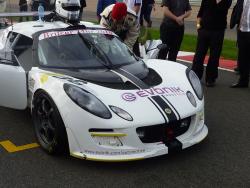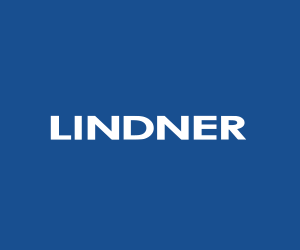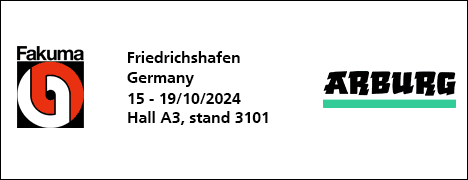plasticker-News
| 2010-10-08 |

|
Evonik: First car windshield made of PMMA
|
A car windshield made of polymethyl methacrylate (PMMA) developed by Evonik Industries is now making its debut in racing. The company sells its PMMA products under the PLEXIGLAS® trademark. Following a trial phase in a racing car, the material is designed for series production later on. “The requirements in motor sports,” says Rudolf Blass, responsible for automotive and surface design in Evonik’s Acrylic Polymers Business Line, “are so high that it is the ideal training field for new developments.” For instance, a windshield that will stand up to racing must be optically perfect in order to give the driver a clear view for maximum safety. High resistance to stone chips is also essential. The specialists at Evonik have mastered these two key requirements—and successfully, according to Blass: “The stone chip resistance, for example, is much better than in a comparable windshield made of glass.” What is more, PMMA reduces the weight of the windshield in RED Motorsport’s Lotus Exige race car sponsored by Evonik by as much as 40 percent, from eleven kilograms to six kilograms. While weight is extremely important in racing, says the head of Evonik’s Automotive Industry Team (AIT) Klaus Hedrich, PLEXIGLAS® offers “additional, impressive advantages.” Other characteristics of this material are its pronounced rigidity, excellent transparency, good acoustic properties and high UV and weathering resistance—all of which contribute to a long life. What is more, the material has a lower infrared transmission than glass, so the passenger compartment stays cooler. For some time now, PMMA side windows have also been installed in the Brit Racer, though the windshield and side windows are just one aspect of Evonik’s glazing strategy. The developers have their eye on further applications such as the glass for rear windows or panoramic roof panels, which may be ready for series production shortly. “Potential weight savings of between 40 and 50 percent for one component make the heart of any racing engineer beat faster,” says Martin Roos, the owner of Mettmann-based RED Motorsport in North Rhine-Westphalia, underlining the importance of lightweight structures in cars. This is the case for his Lotus Exige race car—refined and made lighter with parts from Evonik Industries. Lightweight design is a priority for the Group’s automotive specialists. Body parts made of CFK and ROHACELL® structural foam were produced for the lightweight racing car, for example. It was also the first time that plastic charge air ducts were fitted in the car engine, these being only half as heavy as the metal parts used up to now. On the cold side, they consist of sintered polyamide 12 powder and, on the hot side, VESTAMID® HTplus polyphthalamide, which withstands temperatures of up to 180° Celsius. Evonik products are also used in the engine: RohMax® oil additives improve the friction properties of lubricants, generating higher performance with lower fuel consumption. The power for the starter motor is generated by a lithium-ion battery, which is only a third of the weight of conventional lead batteries. For Evonik, motor sports is the acid test for other uses in everyday life, because what works on the race track generally has what it takes to be used in a production model. This is the reason Evonik took the next logical step: joining forces with sports car maker Lotus in Hethel, United Kingdom, to develop a very special, street-legal Lotus Exige demonstrating all Evonik’s lightweight design solutions, and a lot of other advantages. “The prototype was our RED Motorsport racing car,” said AIT head Klaus Hedrich, “with which we celebrated numerous racing successes in the past in the Dutch Super Car Challenge and came first in our class in 24-hour racing in Silverstone 2008.” The concept behind: The car’s low weight has a positive effect on many of its key characteristics—fuel consumption, acceleration, braking, and cornering. The task of the fast car with the number plate is to show how racing-tested lightweight design solutions can be applied in serial vehicles, plus the secondary aspect of how attractive real slimming down can look. The result: the Evonik Light Weight Design (LWD) Lotus, which weighs stunning 75 kilograms less than the already very light Lotus Exige S. More information: www.evonik.com |
Evonik Industries AG, Essen, Germany
 back to news list back to news list |  back to top back to top |












